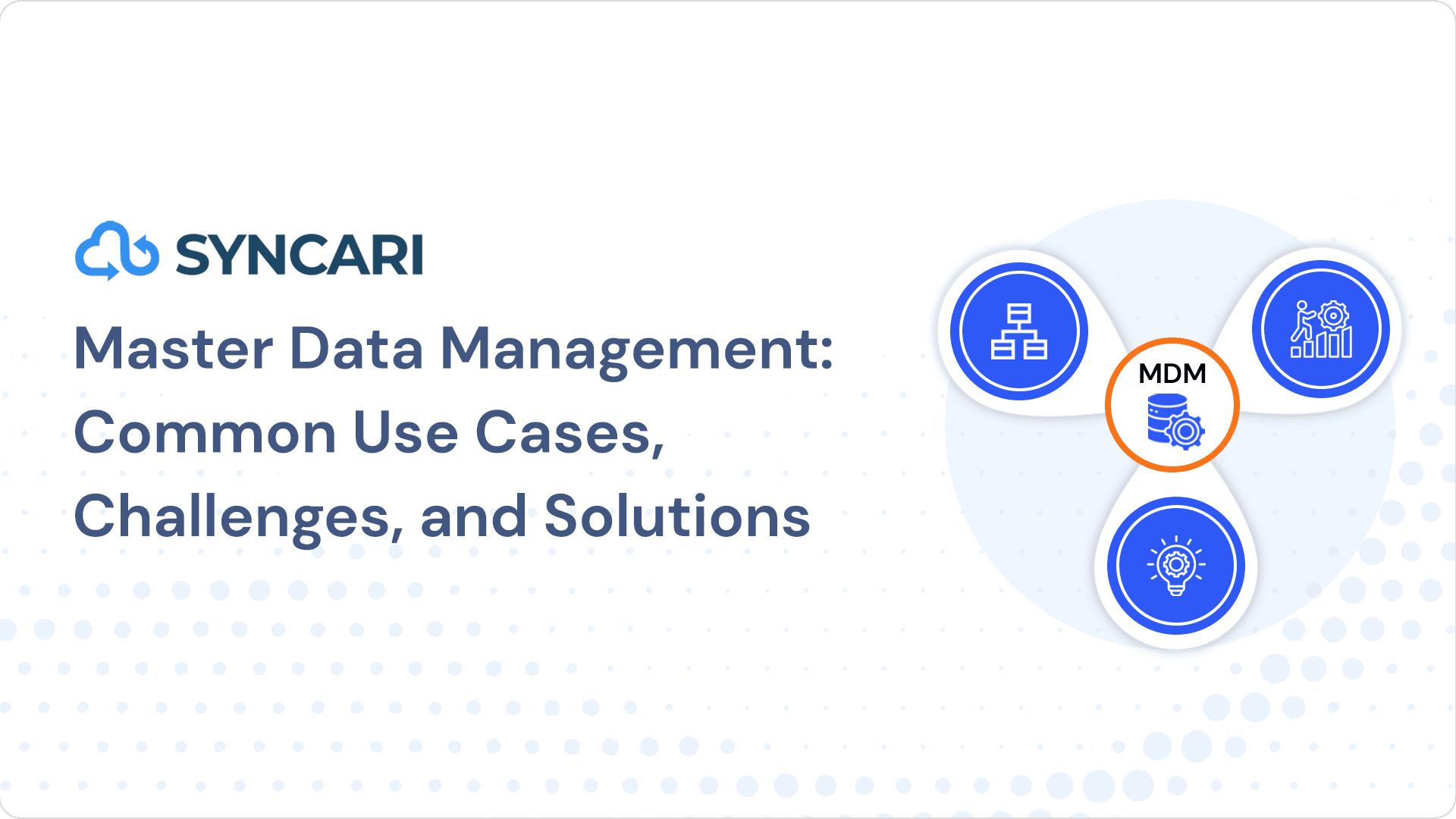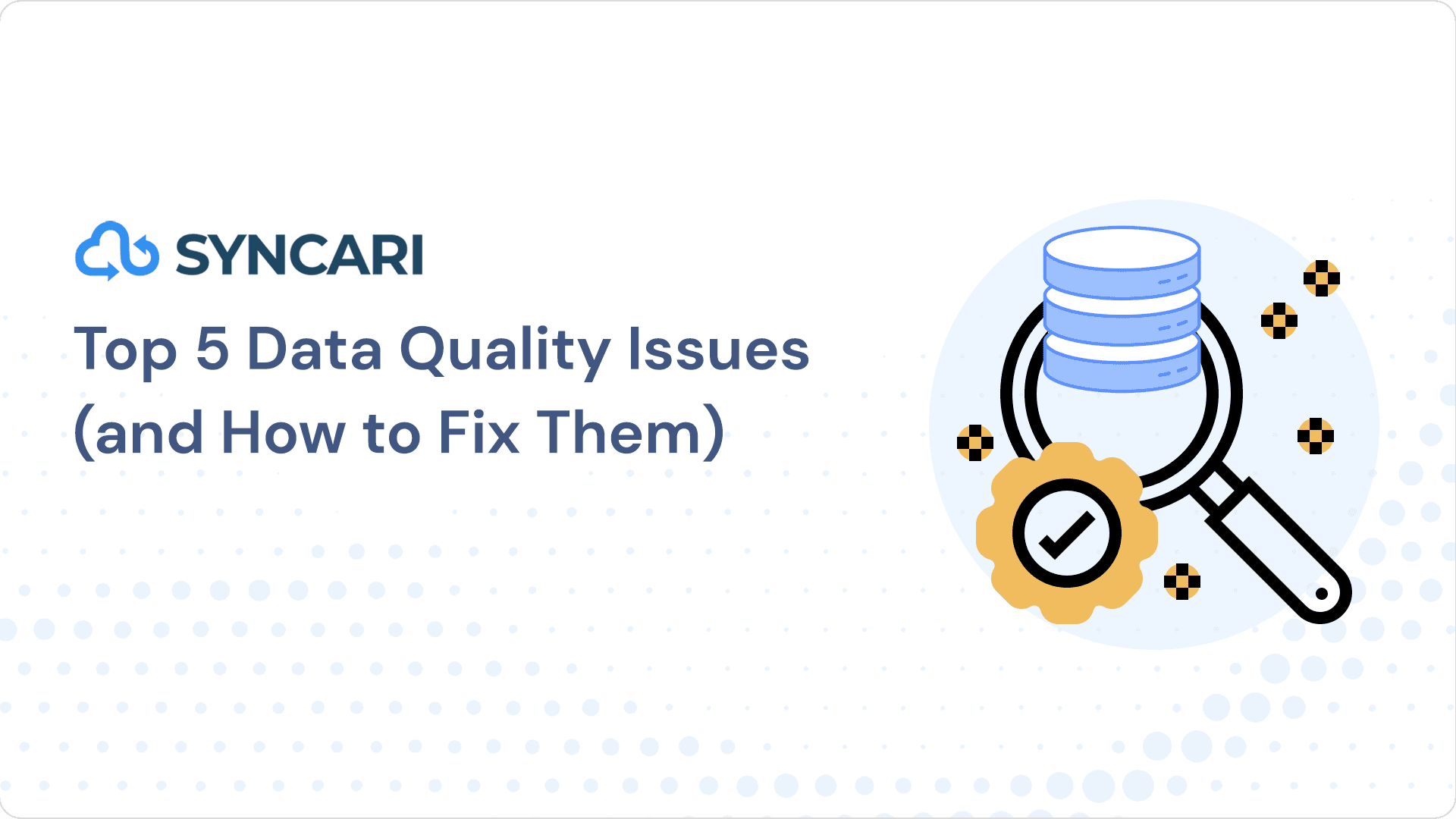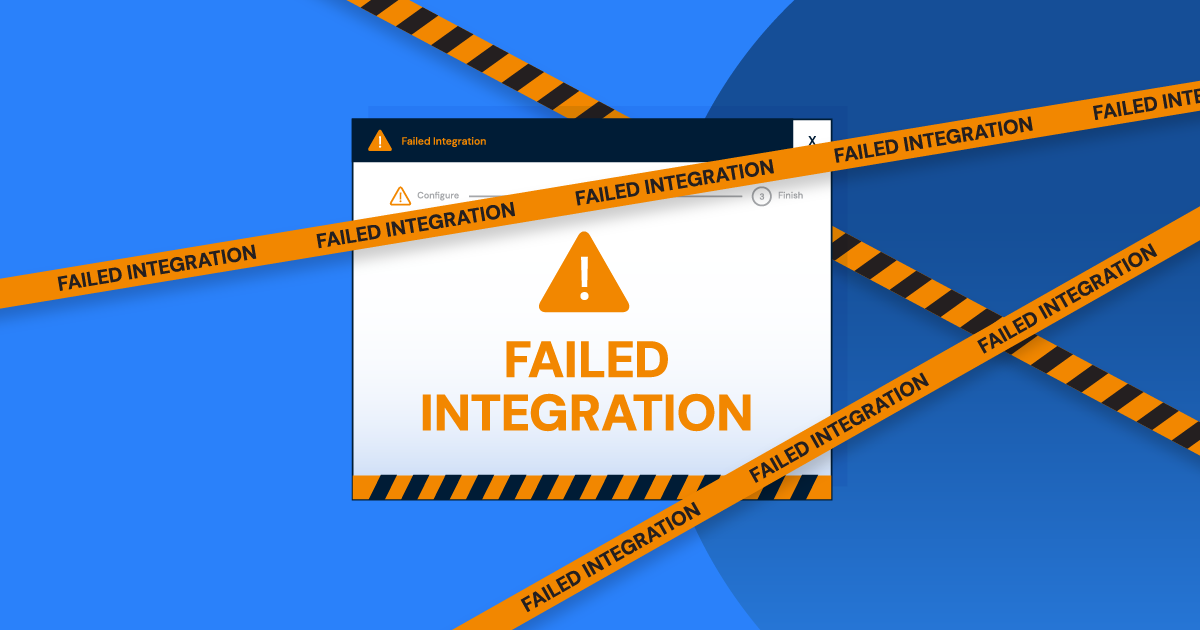In the dynamic world of mergers and acquisitions (M&A), successful post-merger integration plays a pivotal role in maximizing the value and potential of these transformative deals. When two organizations come together, they often face complex merger challenges in aligning their operations, systems, and cultures. That’s where post-merger integration consulting firms step in, acting as trusted partners to navigate the intricacies of integration and ensure a smooth transition.
At the heart of every M&A success story lies effective post-merger integration. It is the process of combining resources, harmonizing data, streamlining operations, and fostering collaboration to create a cohesive and thriving entity. The expertise and guidance provided by top-tier post-merger integration consulting firms can make all the difference in realizing the full potential of a merger.
In this blog, we will delve into the critical role of post-merger integration consulting firms and explore how they contribute to navigating M&A success. We will discuss the importance of their expertise, industry knowledge, and proven strategies in achieving seamless integration. Furthermore, we will highlight some of the best post-merger integration consulting firms renowned for their track record of delivering exceptional results.
Join us on this journey as we uncover the invaluable contributions of these consulting firms and learn how their expertise can propel your organization towards M&A success. Discover the strategies, insights, and success stories that will empower you to make informed decisions when selecting the right consulting partner for your post-merger integration needs.
Let’s embark on this enlightening exploration and unlock the secrets to navigating M&A success with the best post-merger integration consulting firms.
[ Related: WATCH: How to Navigate M&A and Multi CRM Complexity ]
What are the Key Factors for Successful Post-Merger Integration?
Critical Factors for Success
Successful post-merger integration requires careful planning, strategic execution, and a focus on key factors that contribute to its success. These factors include:
- Clear Communication: Effective communication is essential throughout the post-merger integration process. It involves transparently sharing information, setting expectations, and addressing concerns with all stakeholders, including employees, customers, and partners. Clear communication helps build trust, mitigate uncertainties, and align everyone towards common goals.
- Strong Leadership: Strong leadership is crucial to drive the integration process. Leaders must provide a clear vision, set strategic objectives, and inspire confidence in the merged entity. They should also facilitate collaboration, manage change, and make informed decisions to keep the integration on track.
- Cultural Alignment: Cultural alignment is vital to integrating two organizations successfully. Understanding and respecting the cultural differences and similarities between the merging companies is crucial for creating a harmonious working environment. Efforts should be made to identify shared values, establish a common culture, and foster a sense of unity among employees.
- Synergy Creation: The purpose of a merger is often to create synergies and generate value greater than the sum of its parts. It is crucial to identify and capitalize on areas of synergy, such as cost savings, revenue growth opportunities, and operational efficiencies. Strategic planning and effective execution of integration initiatives can help unlock these synergies.
- Integration Planning and Execution: A well-defined integration plan is key to success. It should outline specific objectives, timelines, and milestones for different integration activities. Comprehensive planning should consider areas such as technology integration, process harmonization, organizational structure, and talent management. Rigorous execution of the integration plan with a focus on achieving desired outcomes is essential.
- Customer Focus: Maintaining a strong customer focus during the integration process is vital. Organizations should strive to ensure minimal disruption to customer experiences and maintain a high level of service. This may involve aligning customer-facing processes, consolidating product offerings, and effectively communicating changes to customers.
- Employee Engagement and Retention: Engaging and retaining key talent is crucial during the post-merger integration. Employees may experience uncertainty and resistance to change, making it important to provide clear communication, support, and opportunities for involvement. Retaining critical talent and ensuring a smooth transition for employees can contribute to the success of the merged entity.
- Robust Data Integration: Integration of data systems and processes is a critical factor for success. It involves harmonizing data, eliminating duplicates, and ensuring the accuracy and consistency of information. Effective data integration enables informed decision-making, improved operational efficiency, and a unified view of the merged entity.
By addressing these critical factors, organizations can increase the likelihood of a successful post-merger integration, drive synergies, and unlock the full potential of their M&A deals.
[ Related: Overcoming Common Post-Merger Challenges with Syncari ]
Common Challenges to Integration
Integration of two companies after a merger or acquisition presents several challenges that organizations need to navigate carefully. These challenges can arise from various aspects of the integration process and require strategic planning and execution. Some of the key challenges include:
- Cultural Differences: When two organizations with different cultures come together, clashes and conflicts may arise. Different values, work styles, and communication norms can lead to misunderstandings and hinder collaboration. Overcoming cultural differences and fostering a unified culture is crucial for a successful integration.
- Organizational Structure: Merging companies often have different organizational structures, reporting lines, and decision-making processes. Integrating these structures can be complex, requiring careful evaluation and planning. Decisions regarding leadership roles, team structures, and reporting relationships need to be made to establish a cohesive and efficient merged organization.
- Technology Integration: Integrating diverse technology systems and platforms is a common challenge in post-merger integration. The merging companies may have different IT infrastructures, software applications, and data management systems. Harmonizing and consolidating these systems while ensuring minimal disruption to operations and data integrity can be a complex task.
- Process Harmonization: Merging companies may have different business processes, workflows, and standard operating procedures. Harmonizing these processes is essential to ensure efficiency, eliminate redundancies, and enable effective collaboration. Assessing and streamlining processes across the merged entity is crucial for maximizing synergies and optimizing operations.
- Employee Resistance to Change: Change management is a significant challenge in any integration process. Employees may resist changes in job roles, reporting structures, or company culture. Resistance to change can lead to decreased productivity, low morale, and increased employee turnover. It is essential to communicate the benefits of the integration, provide support to employees, and involve them in the process to mitigate resistance.
- Data Integration and Governance: Integrating data from different systems, databases, and formats is a complex task. Inconsistent data quality, duplicate records, and data silos can hinder decision-making and operational efficiency. Establishing robust data integration processes and governance frameworks is critical for ensuring data accuracy, consistency, and accessibility across the merged organization.
- Customer Retention and Experience: During the integration, organizations need to ensure minimal disruption to customer experiences. Changes in product offerings, customer service processes, or brand identity can impact customer satisfaction and loyalty. Maintaining a focus on customer retention and delivering a seamless experience throughout the integration is crucial.
- Regulatory and Legal Compliance: Compliance with regulatory requirements and legal obligations is essential during the integration process. Merging companies must ensure compliance with antitrust laws, data privacy regulations, labor laws, and contractual obligations. Failure to address these compliance challenges can result in legal consequences and reputational damage.
Addressing these challenges requires careful planning, effective communication, and proactive management. Engaging experienced consultants and leveraging specialized tools and technologies can help organizations overcome these integration challenges and achieve a successful post-merger integration.
[ Related: Demystifying M&A Data Integration: A Comprehensive Guide ]
What’s the Value of Consulting Firms Post-M&A?
Post-merger integration is a complex and critical process that requires specialized expertise and experience. This is where consulting firms play a crucial role in helping organizations navigate the challenges and maximize the value of their mergers. Consulting firms bring unique insights, methodologies, and resources that can significantly enhance the success of post-merger integration efforts. Here are some key reasons why engaging top consulting firms is valuable:
- Expertise and Experience: Consulting firms specialize in post-merger integration and have deep expertise in managing complex integration projects. They possess in-depth knowledge of industry best practices, frameworks, and methodologies for integration. With their experience in handling similar integration scenarios, they can provide valuable insights and guidance throughout the process.
- Strategic Planning: Consulting firms help organizations develop a comprehensive integration strategy tailored to their specific needs and objectives. They work closely with the leadership team to align integration goals with overall business strategy, identify synergies, and define the integration roadmap. Through strategic planning, consulting firms ensure that integration efforts are focused, efficient, and aligned with the organization’s vision.
- Accelerated Integration: Consulting firms bring efficiency and speed to the integration process. With their experience and proven methodologies, they can streamline integration activities, reduce redundancies, and accelerate the overall integration timeline. They help organizations prioritize integration tasks, establish clear milestones, and provide project management support to ensure smooth execution.
- Change Management: One of the critical aspects of post-merger integration is managing the people-side of change. Consulting firms excel in change management practices, helping organizations effectively communicate the integration plans, engage employees, and address their concerns. They provide support in managing cultural differences, fostering employee buy-in, and creating a positive integration experience for the workforce.
- Technical Expertise: Integration involves merging diverse technology systems, applications, and data. Consulting firms possess the technical expertise to evaluate, design, and execute integration solutions. They assist in aligning IT infrastructure, integrating software platforms, and establishing data governance frameworks. Their technical knowledge ensures seamless integration, data integrity, and optimized IT capabilities post-merger.
- Risk Mitigation: Post-merger integration carries inherent risks, such as operational disruptions, data breaches, regulatory non-compliance, and financial implications. Consulting firms help organizations identify and mitigate these risks by conducting thorough due diligence, developing risk management strategies, and ensuring compliance with legal and regulatory requirements. They provide a structured approach to risk management, minimizing potential pitfalls and safeguarding the organization’s interests.
- Continuous Improvement: Consulting firms promote a culture of continuous improvement throughout the integration process. They monitor integration progress, assess outcomes, and identify areas for optimization. By leveraging data-driven insights and feedback, they help organizations refine integration strategies, enhance operational efficiencies, and drive long-term value from the merger.
Engaging top consulting firms brings a wealth of knowledge, expertise, and resources to the post-merger integration process. They serve as trusted advisors, guiding organizations through the complexities of integration and helping them achieve the desired outcomes. With their support, organizations can navigate integration challenges, unlock synergies, and drive successful post merger integration.
In the next section of this blog, we will explore the top post-merger integration consulting firms renowned for their expertise, industry knowledge, and track record of delivering successful integration outcomes. Discover how their services can help organizations overcome integration challenges, streamline operations, and drive sustainable growth in the post-merger landscape.
Criteria for Selecting Post-Merger Integration Consulting Firms
Selecting the right post-merger integration consulting firm is crucial for achieving a successful integration outcome. With numerous consulting firms available, organizations need to carefully evaluate and consider certain criteria when making their selection. Here are some key factors to keep in mind:
- Industry Expertise: Look for consulting firms that have deep industry expertise and experience in post-merger integration within your specific sector. Understanding the nuances and challenges of your industry ensures that the consulting firm can provide tailored guidance and solutions.
- Track Record: Assess the track record of consulting firms in delivering successful post-merger integration projects. Look for evidence of their ability to navigate complex integration challenges and achieve desired outcomes. Case studies and client testimonials can provide insights into their past successes.
- Cultural Alignment: Post-merger integration often involves blending different organizational cultures. Choose a consulting firm that understands the importance of cultural alignment and has experience in managing cultural integration. They should be able to help bridge cultural gaps, facilitate collaboration, and ensure a smooth transition for employees.
- Integration Methodologies and Tools: Evaluate the consulting firm’s integration methodologies, frameworks, and tools. Ensure that they have a structured approach to integration that aligns with your organization’s goals and objectives. Look for firms that offer innovative solutions and leverage technology to streamline the integration process.
- Scalability and Resources: Consider the scalability and resources of the consulting firm. Ensure that they have the capacity to support your integration project effectively. They should have a dedicated team of experienced professionals who can provide the necessary expertise and guidance throughout the integration journey.
- Collaboration and Communication: Effective collaboration and communication are vital in post-merger integration. Choose a consulting firm that emphasizes open communication, actively involves your organization’s key stakeholders, and fosters a collaborative approach. This ensures that everyone is aligned and working towards shared integration goals.
- Customization and Flexibility: Each merger and integration is unique. Seek consulting firms that can tailor their services to meet your specific integration needs. They should be flexible in adapting their methodologies and strategies to fit your organization’s culture, size, and integration goals.
- Value for Investment: Evaluate the cost-effectiveness and value for investment offered by the consulting firm. While cost is an important consideration, prioritize the value and expertise the firm brings to the table. Focus on long-term benefits and the potential for a successful integration outcome.
By considering these criteria, organizations can make informed decisions when selecting post-merger integration consulting firms. Remember that the right consulting firm will not only provide guidance and expertise but also act as a trusted partner throughout the integration process. Choose wisely, and pave the way for a seamless and successful post-merger integration.
Top Post-Merger Integration Consulting Firms
Merger and acquisition consultants are invaluable partners in navigating the complex landscape of mergers and acquisitions (M&A). These experts possess deep industry knowledge, strategic insight, and proven methodologies to guide organizations through the intricacies of M&A deals. From conducting thorough due diligence to identifying potential synergies and managing integration challenges, merger and acquisition consultants provide tailored guidance and solutions at every step of the process.
Their expertise in areas such as financial analysis, deal structuring, risk assessment, and post-merger integration ensures that organizations can make informed decisions, maximize value, and achieve successful outcomes in their M&A endeavors. Whether it’s advising on target identification, negotiating deals, or facilitating post-transaction integration, partnering with experienced merger and acquisition consultants is key to driving successful M&A initiatives.
Below are a few top post-merger integration consulting firms we are proud to partner with.
Cognizant

Cognizant is a leading consulting firm renowned for its extensive industry knowledge and digital transformation capabilities, making them a trusted partner for post-merger integration. With a proven track record of successful integration projects across diverse industries, including financial services, healthcare, and manufacturing, Cognizant brings unparalleled expertise to streamline data integration, technology alignment, and change management processes.
Their comprehensive approach enables organizations to achieve smooth transitions, unlock synergies, and enhance performance and profitability. By leveraging Cognizant’s expertise, businesses can confidently navigate the complexities of post-merger integration, driving sustainable growth and maximizing the value of the mergers they support.
[ Related: Cognizant Case Study Archive ]
Ultimosoft

Ultimosoft is a leading consulting firm specializing in post-merger integration, offering exceptional expertise and innovative solutions to ensure a seamless transition. With a proven track record in the field, Ultimosoft assists organizations in overcoming the complexities and challenges associated with merging entities. Their team of experienced consultants brings deep knowledge in data integration, process alignment, and organizational change management, enabling businesses to achieve synergies and maximize the value of their mergers.
By leveraging their comprehensive approach and tailored strategies, Ultimosoft empowers organizations to optimize operational efficiency, enhance decision-making, and unlock the full potential of their post-merger integration. Trust Ultimosoft to be your partner in navigating the intricate landscape of post-merger integration, and experience the transformative impact they can bring to your business.
[ Related: Ultimosoft Case Study Archive ]
Carabiner Group

Carabiner Group is an exceptional consulting firm option for post-merger integration, offering a comprehensive approach that combines expertise in aligning organizational cultures, optimizing business processes, and maximizing operational efficiencies. With a dedicated team of experienced consultants, Carabiner Group provides end-to-end support, from strategy development to execution, ensuring a smooth integration process.
Their industry knowledge and tailored solutions drive value and growth for organizations. With a proven track record of success in achieving post-merger integration goals, Carabiner Group is renowned for delivering seamless transitions and helping businesses unlock the full potential of their mergers.
These top post-merger integration consulting firms have demonstrated their capabilities through successful integration projects across industries. They have a proven track record of delivering tangible results and helping organizations unlock the full potential of their mergers.
When considering post-merger integration consulting firms, it is important to evaluate their industry expertise, credentials, and alignment with your organization’s integration goals. Partnering with the right consulting firm can set the foundation for a successful post-merger integration, unlocking synergies and positioning your organization for long-term success.
[ Related: Learn About How Conga and Apttus Navigated Their Merger with Syncari ]
Tips for Engaging Post-Merger Integration Consulting Firms
Engaging with post-merger integration consulting firms is a strategic decision that requires careful planning and collaboration. To ensure a successful partnership, consider the following tips when working with consulting firms:
- Establish Clear Objectives: Before engaging with a consulting firm, define clear objectives for the post-merger integration process. Clearly communicate your goals, expectations, and desired outcomes. This will help the consulting firm align their strategies and recommendations with your organization’s specific needs.
- Foster Collaboration: Collaboration is key to a successful integration process. Foster open lines of communication and create a collaborative environment where both your internal teams and the consulting firm can work together seamlessly. Encourage cross-functional collaboration to leverage the expertise of all stakeholders involved.
- Communicate Regularly: Maintain ongoing communication with the consulting firm throughout the integration process. Regularly update them on any changes, challenges, or progress in the integration journey. This will ensure that the consulting firm remains aligned with your evolving needs and can provide timely support and guidance.
- Provide Feedback: Feedback is essential for continuous improvement. Offer constructive feedback to the consulting firm regarding their performance, recommendations, and the effectiveness of their strategies. This feedback loop will allow them to make necessary adjustments and fine-tune their approach to better meet your organization’s requirements.
- Embrace Change Management: Successful post-merger integration involves managing change effectively. Work closely with the consulting firm to develop a change management strategy that addresses the cultural, organizational, and employee impact of the integration. Ensure that all stakeholders are involved and engaged in the process.
- Monitor Progress and Adjust: Continuously monitor the progress of the integration and assess the effectiveness of the consulting firm’s recommendations. Regularly evaluate key performance indicators and milestones to measure success. Be open to making adjustments along the way to ensure the integration remains on track and aligned with your objectives.
By following these tips, you can maximize the value of your engagement with post-merger integration consulting firms. Foster a collaborative and communicative partnership that drives successful integration outcomes and positions your organization for long-term success.
What’s Best For Your Business?
Partnering with a top post-merger integration consulting firm is crucial in ensuring a successful integration process. These firms bring extensive industry expertise, proven methodologies, and a wealth of experience to navigate the complexities of post-merger integration. By leveraging their specialized knowledge, organizations can streamline data integration, harmonize processes, and address cultural challenges effectively.
The expertise of post-merger integration consulting firms extends beyond technical aspects. They understand the intricacies of managing change, aligning diverse organizational cultures, and mitigating risks throughout the integration journey. Their strategic guidance helps organizations optimize operations, drive synergies, and achieve their desired business outcomes.
As you embark on your post-merger integration journey, it is essential to conduct further research and explore the recommended consulting firms (Cognizant, Ultimosoft, and Carabiner Group). Consider factors such as their industry expertise, track record, client testimonials, and cultural alignment. Each organization’s integration needs are unique, so it is crucial to select a consulting firm that aligns with your specific goals and objectives.
Take the time to interview and review client references to gain insights into the consulting firms’ capabilities and achievements. Engaging with post-merger integration consulting firms is an investment that can significantly impact the success of your integration process and the future of your organization.
Remember, successful post-merger integration requires a strategic approach, effective collaboration, and the support of experienced consultants. By partnering with top post-merger integration consulting firms, you can navigate the complexities of integration with confidence, drive operational excellence, and unlock the full potential of your merger or acquisition.
Take the next step towards post-merger integration success by exploring the recommended consulting firms and finding the perfect partner to guide you through this transformative journey. Your organization’s future success depends on it.




